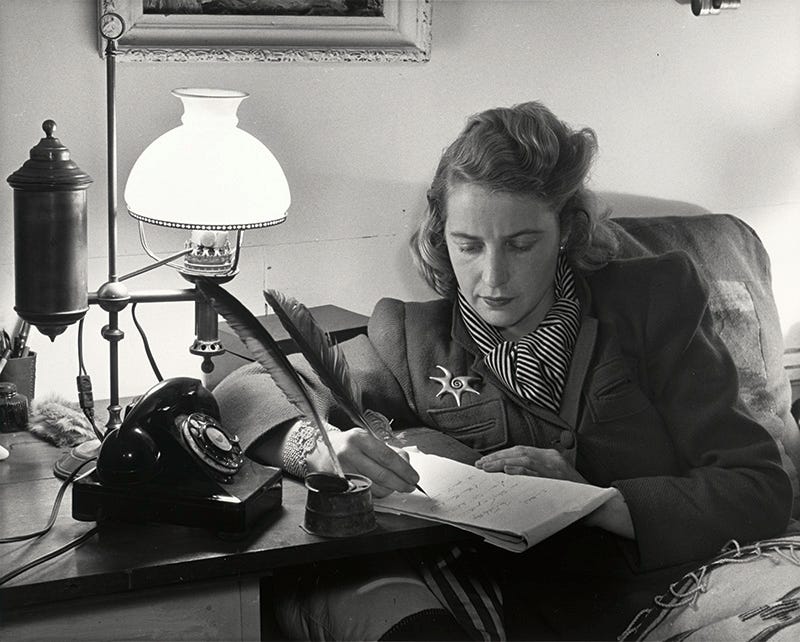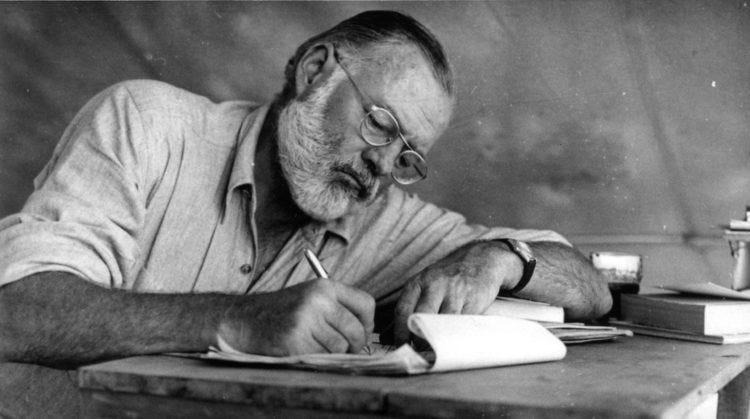Every year writing students start my courses with eager eyes under the delusion that the first draft will be great. They even ask me how to find an agent during our first week.
There’s nothing wrong with that. Delusion gets us through this game. The novel I just finished took me about three years and six months. A lot of that working four hours a day, some of that working 12 hours a day.
When I started the project I thought I’d have it finished and ready to show an agent in one year. I was delusional.
Am I upset that it took more years and more hours of my time to craft the novel?
Absolutely not. In fact, that novel saved me during some dark times over the years. Knowing that I was coming back to my characters tomorrow helped me sleep at night when some major problems popped up. My real life friends helped, and my fake characters helped.
I spent more intimate time with my fake characters. As writers we all do. Tinkering for one year and 30 months, every day, it affects you. We create conflict for them, we dance with them, and we fall asleep to them as we figure out how to craft them on a deeper level.
When my screenwriting students get to their final quarter after a year of work they realize that there’s much more rewriting to do before they can even think of showing an agent.
What’s fascinating is not a single student in over a decade has been upset that they put in all of the work. There’s frustration with the process of course, and yet there’s the beautiful realization at the end of the year when they tell me, writing is hard. But, they’re never upset about the work they put in.
The work has changed them. Showing up to their stories changes them. Most have even more enthusiasm than they had during the first quarter because they really got to experience what it’s like behind the curtain of creativity, the messiness of writing a novel or a screenplay, and how every writer goes through it, so, they’re only in good company.
When I interviewed Robert Crais he said the blank page of writing his first book was hard. Writing the on the blank page of his 22nd book was even harder because there was an expectation that it needed to be another New York Times Bestseller. At the same time he also felt that his creativity may be drained out of him. Fear not, he still has a lot more coming.
Writing should be hard. We should engage in things that aren’t easy to do. It’s attractive to our character and who we are in this life. Comfort is overrated. Let’s struggle with purpose. Usually the struggle finds us either way, so let’s steer our struggle to create something important.
As writers we’re taking a risk with our time. What could we be doing with our time if we weren’t writing? We could be real estate agents and making big deals. There’s nothing wrong with that but, is that your soul calling?
Writing is hard, so why write?
To become better thinkers,
better speakers,
better communicators,
to get our point across,
to have empathy,
to create empathy,
to find empathy in people we don’t like,
so we mirror our antagonist after a terrible boss,
or that woman who broke our heart,
and after working and reworking the character we fall in love with them,
even our antagonists,
we see why they filled the role as antagonists in our lives,
and it becomes even more pronounced on the page.
We even see how at times we become our own antagonist in life.
As writers we continue learn our craft and we’re better writers today than we were yesterday, or last year, or in 2015.
Every writer needs to read daily. They go hand in hand. Read, write, read, write, repeat, repeat, repeat.
Getting back to grief, back to things that make us angry, back to problems that are seriously close to home, there’s always a novel that’s treatment for our fractured souls. There’s a novel to keep us sane when the world feels like it’s going to blow up. Classic novels show us that we’re not that different from those who lived centuries before us. We have the same wants, needs, and desires. We’re really not that special, which is okay, because we need connection, that’s what makes us human. And what better connection to others than to read and write. To create a conversation with the page. To speak our minds and to listen to authors on the page as they speak their minds.
Remember nothing replaces the importance of nurturing our relationships with our friends and family in life, but a close second is becoming well read and writing well.
Over the last few years I’ve read Proust, Joyce, Victor Hugo, and others. Reading these books made me feel alive, added a bounce to my step through the day, and they gave me something to come home to when I was in mourning.
Yes, we could, and should read non-fiction books that give us help and strength. Books that guide us with a structure for life and navigating the human condition. But, the novel dives into the emotional truth of the human condition, something non-fiction books, and dare I say even memoirs, rarely do. Non-fiction books tell us what to do and that’s fine. Novels make us feel what to do. That leads to change in our subconscious, that leads to rewiring of our brains, and that’s where the true growth is.
Film does it on a lesser extent, but, it helps us relate more to each other because it’s quicker and easier to watch a film than read a novel. Some films may touch us more than some novels.
Yet a film is a collaboration between a screenwriter and hundreds of other artists working their craft to create what happens on the frame that’s finally projected to us on screen. The novel is intimacy on a different level. It’s a one on one conversation. Watch the end credits of a film and it still doesn’t account for everyone who worked on the project. Not to diminish film, I love the craft of film on every level, it just hits us different.
I finished reading Les Miserables a couple of weeks ago and I cried at the end. I continue to think of Jean Valjean and Cosette. What a joy it is to have had a relationship with Victor Hugo’s characters. It took me two months to read the novel that it took him 17 years to write. How much fun and frustration he must have had during those years crafting that great novel. How much intimacy he must have had for all of his characters in that epic. And it’s still an important novel centuries later.
Reading is salvation. Writing is salvation.
Writing is hard. Do it!
What books changed you?
What are you writing?
What do you want to write?




Took me over 30 years to read les miserables. Read the firstb500 pages as a teenager. Finally had the patience for it as an adult and happy I finished